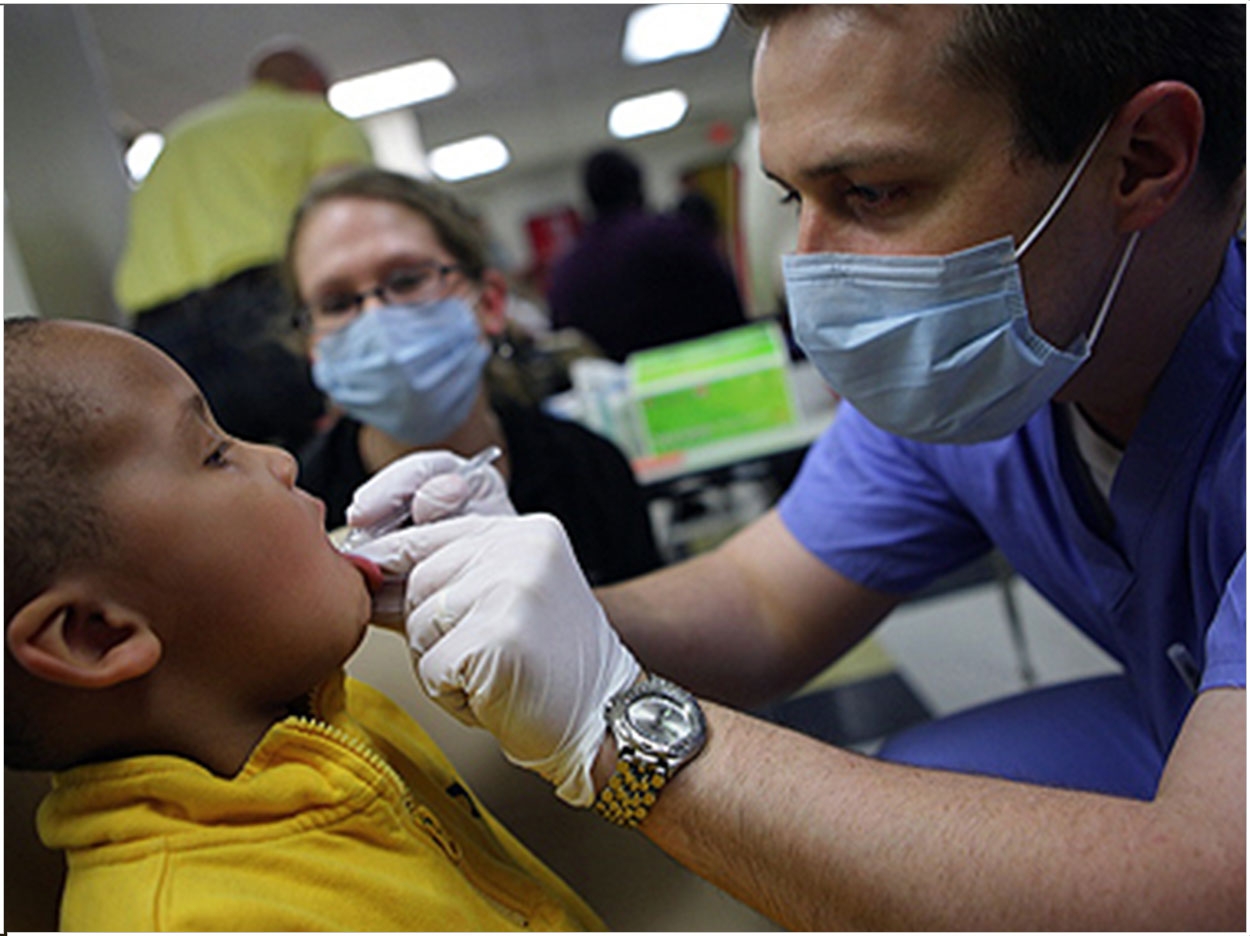
The House Appropriations Committee has approved the draft of the fiscal year 2017 Labor, Health, and Human Services (LHHS) funding bill, which includes funding for oral health programs under the Health Resources and Services Administration (HRSA).
For example, the bill awards $425.578 million to the National Institute of Dental and Craniofacial Research (NIDCR), or about $12 million more than it did in 2016. The committee expects NIDCR to systematically coordinate through other LHHS agencies to share new scientific information to ensure it reaches the community and providers through various other LHHS outreach programs.
The committee also recommended $35.873 million for training in oral healthcare programs, which is the same total enacted in 2016. Within these funds, $10 million will target general dentistry residencies and $10 million will support pediatric dental residencies.
The goal is to increase the number of medical graduates from minority and disadvantaged backgrounds and to encourage students and residents to choose primary care fields and practice in underserved urban and rural areas. HRSA also will provide continued funding for predoctoral and postdoctoral training grants awarded in 2015 and for section 748 Dental Faculty Loan Repayment grants awarded in 2016.
Additionally, the committee is encouraging HRSA to work with the states to develop and facilitate public education programs that promote preventive oral health treatments and habits via increased oral health literacy in rural and underserved areas because they would cost-effectively address oral health access.
The HRSA also should deem innovative public education programs as eligible for funding as part of the State Oral Health Workforce Improvement Program, according to the committee. The Office of Rural Health Policy should support these programs as well, the committee said.
Next, the committee expects the Centers for Disease Control and Prevention (CDC) Division of Oral Health, which would receive $18 million, to distribute new waterline safety guidelines to dental offices and clinics. It also wants the CDC to coordinate with the National Institutes of Health to conduct follow-up research where needed and to work with professional organizations to educate dentists and dental students about these guidelines.
Meanwhile, the Ryan White Part F program, which covers the unreimbursed costs of providing dental care to people with HIV and AIDS, will receive $13.1 million. The committee expressed concern that although the program has provided oral healthcare to these patients, it has not kept pace with the number of people in need.
Noting the connections between oral health and systemic health, the committee included $250,000 for demonstration projects to increase the implementation of integrating oral health and primary care practice. Projects should model the clinical oral health competencies for nondental providers that HRSA published and initially tested in its 2014 report, “Integration of Oral Health and Primary Care Practice,” the committee said.
In other recommendations, the committee is urging HRSA to support Area Health Education Center oral health projects that establish primary points of service and address the need to help patients find treatment outside of hospital emergency rooms. Some state dental associations have already initiated programs to refer emergency room patients to dental networks, and the committee would like HRSA to work with these programs.
Finally, the committee is recommending the restoration of the chief dental officer position with executive-level authority and resources to oversee HRSA’s dental programs and oral health initiatives. The position was established in 2008 but has been vacant since 2010 the officer at the time, Jay Anderson, DMD, retired. HRSA currently has a senior dental advisor, but the position does not have executive authority.
Related Articles
Organizations Call for Federal Chief Dental Officer Appointment
HHS to Awaard $156 Million to Expand Oral Healthcare
Q&A: Dr. Romer Ocanto Discusses New Autism Training












